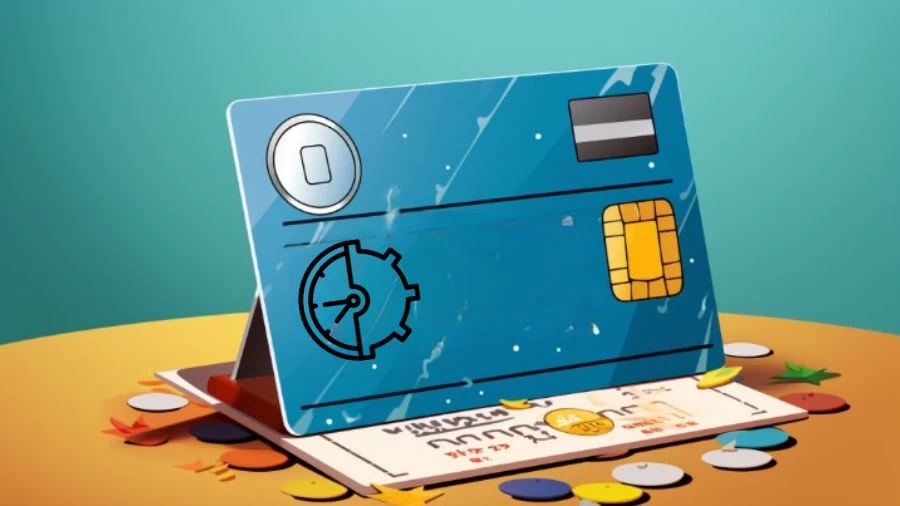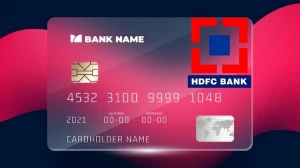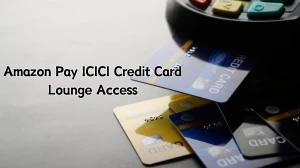
- Home »
- Credit Card »
- Is Autopay Making It Harder to Manage Credit Card Bills?
Is Autopay Making It Harder to Manage Credit Card Bills?
Autopay aims to simplify credit card bill payments and reduce late fees, studies suggest it may inadvertently lead some users to underpay their balances, potentially resulting in higher interest charges.
by Kowsalya
Updated Oct 13, 2023
On This Page
Is Autopay Making It Harder to Manage Credit Card Bills?
Yes, Autopay, the convenient feature allowing automatic payments of credit card bills, is making it harder for some consumers to manage their credit card bills effectively. While the concept of Autopay is to simplify bill payments and reduce the risk of late fees and interest charges, studies show that it has certain pitfalls.
In some cases, users who set up Autopay may end up underpaying their monthly credit card balances by 8% to 17% compared to those who manually make payments, potentially leading to higher interest charges, especially as interest rates rise.
Despite the initial intention of preventing late fees and simplifying the process, Autopay may not serve everyone well. Some experts recommend actively managing credit card payments and considering individual financial circumstances to determine whether Autopay is the best option for avoiding unnecessary fees and interest charges.
What is Autopay?
Autopay, often referred to as automatic payment, is a convenient service offered by many credit card issuers that allows cardholders to set up recurring payments for their credit card bills. With Autopay, users can choose to have their monthly credit card payments automatically deducted from their bank account on a specified date, which can be their bill due date or another preferred day of the month.
This feature is designed to simplify the bill payment process, eliminate the risk of missing payment deadlines, and help cardholders avoid late fees. Autopay options typically include paying the full statement balance, the minimum payment, or a custom amount, with the choice affecting interest charges and account management.
What Are the Types of Autopay?
The types of Autopay commonly offered by credit card issuers include three main options,
- Full Statement Balance: This option involves automatically paying the entire balance shown on your monthly credit card statement. Selecting this option ensures that you pay off your credit card balance in full each month, avoiding interest charges on your outstanding balance. It's a prudent choice for those who want to maintain a debt-free credit card account and prevent interest from accruing.
- Minimum Payment: With this option, Autopay will automatically deduct the minimum required payment amount from your bank account when your statement is due. While it helps you avoid late fees and ensures you meet the minimum payment requirement, it may result in interest charges if you don't pay more than the minimum, as interest accrues on the remaining balance.
- Custom Amount: Autopay can be set to pay a specific, customized amount that you choose. This option is useful if you want to make consistent payments toward reducing your credit card balance over time. However, the amount you select may still lead to additional interest charges, depending on the total balance and payment frequency.
What Are the Key Strategies for Effectively Utilizing Autopay?
Effectively using Autopay involves several important steps to ensure a seamless payment process. Firstly, it's crucial to guarantee that your linked account has sufficient funds available to fulfill the automatic payment. Insufficient funds can result in overdraft charges from your bank and return payment fees from the card issuer. If not addressed promptly, this could lead to late fees and the accrual of interest, or even trigger a penalty APR.
To enhance the efficiency of Autopay, consider adding your automatic payment date to your calendar as a reminder to replenish your bank account. This proactive approach helps you maintain the goal of utilizing Autopay to avoid the charges associated with missed payments.
However, it's vital to maintain vigilance even when using Autopay. Don't fall into the trap of complacency. Regularly reviewing your recent transactions and card statements is a good practice. This monitoring allows you to promptly identify any suspicious or unauthorized charges as they occur, facilitating quicker resolutions.
While Autopay provides convenience, it does not absolve you of the responsibility for your account. By diligently following these guidelines, you can save time and reduce the stress associated with upcoming payment deadlines.
Join us at MarketsHost for a journey to financial expertise. Explore and reach new heights.
What Are the Benefits of Autopay?
The primary benefit of Autopay is its ability to streamline bill payments and eliminate the need for individuals to remember payment due dates. This convenient feature serves as a financial safety net, ensuring that payments are consistently made on time and helping users, particularly those prone to forgetfulness, maintain a positive payment history.
By consistently meeting payment deadlines, Autopay can contribute to the improvement of one's credit score over time, as payment history significantly influences credit scores. To use Autopay effectively, it is essential to ensure that the linked bank account maintains sufficient funds to cover automatic payments, preventing overdraft charges, return payment fees, late fees, and potential penalty APRs.
Additionally, cardholders should continue to monitor their credit card statements for any unusual or suspicious activity to address issues promptly, as Autopay does not exempt individuals from their responsibility to oversee their accounts.
Is Autopay Making It Harder to Manage Credit Card Bills - FAQs
1. Is Autopay Making It Harder to Manage Credit Card Bills?
Yes, Autopay, the convenient feature allowing automatic payments of credit card bills, is making it harder for some consumers to manage their credit card bills effectively.
2. Does Autopay always result in underpayment?
Autopay can lead to underpayment in some cases, but it largely depends on the specific terms and conditions set by the user, such as whether they choose to pay the full statement balance, the minimum payment, or a custom amount.
3. How can I ensure that Autopay doesn't lead to underpayment?
To prevent underpayment with Autopay, review your credit card issuer's Autopay options and select the one that suits your needs best.
4. Is Autopay suitable for everyone?
Autopay is not a one-size-fits-all solution. It can be convenient for those who have a consistent source of income and can choose to pay their full statement balance automatically.
5. Can Autopay negatively impact my credit score?
Autopay can positively impact your credit score by ensuring timely payments, but it can also have a negative impact if you select an Autopay option that leads to underpayment.




